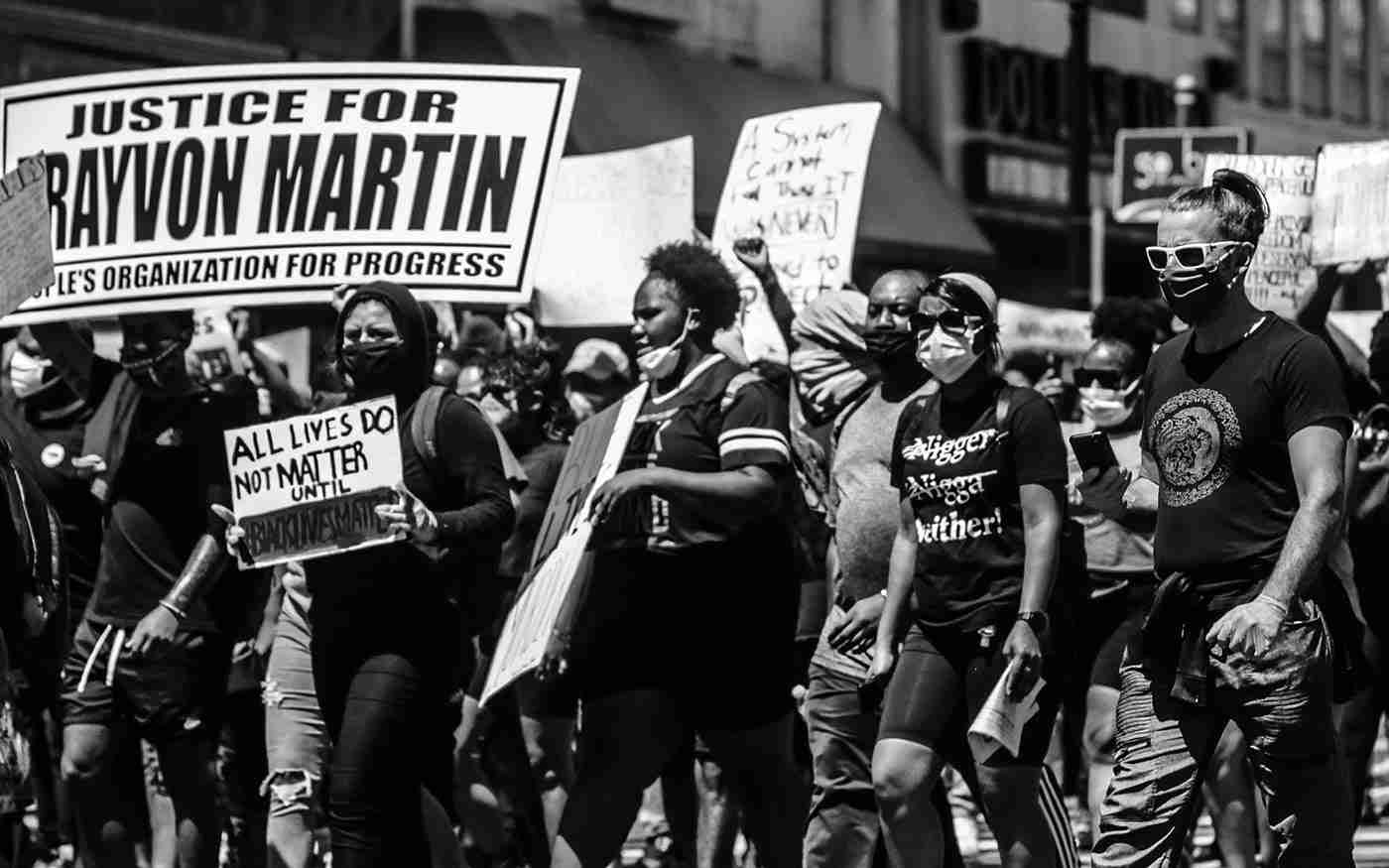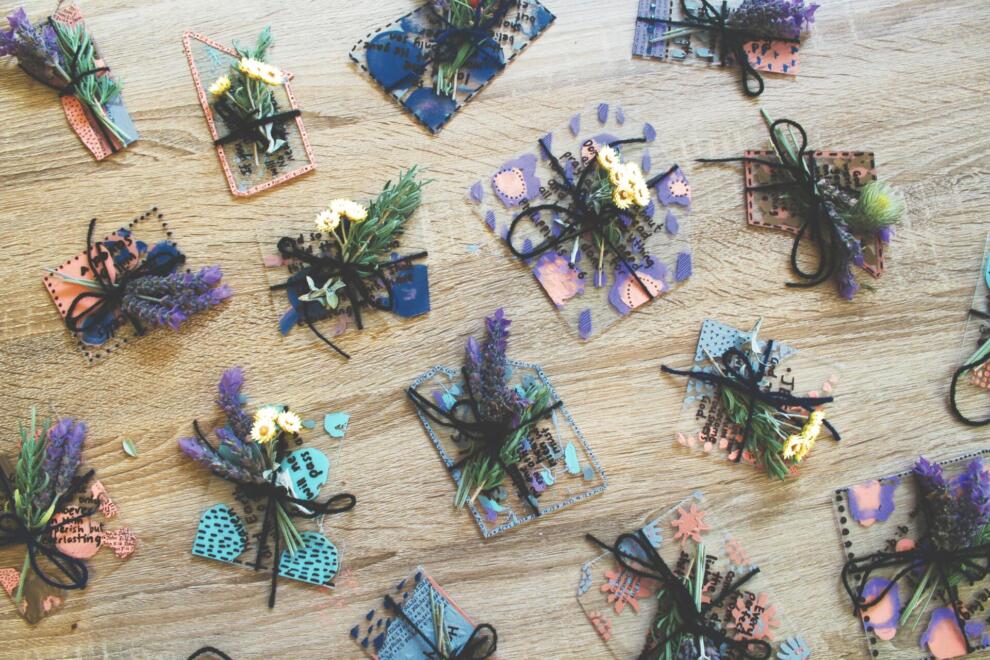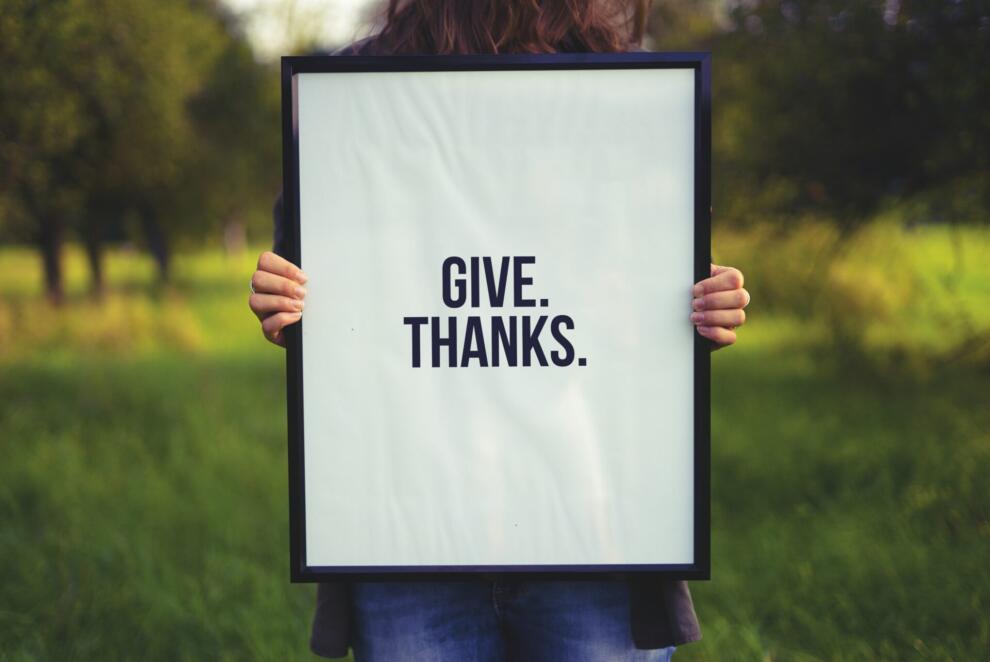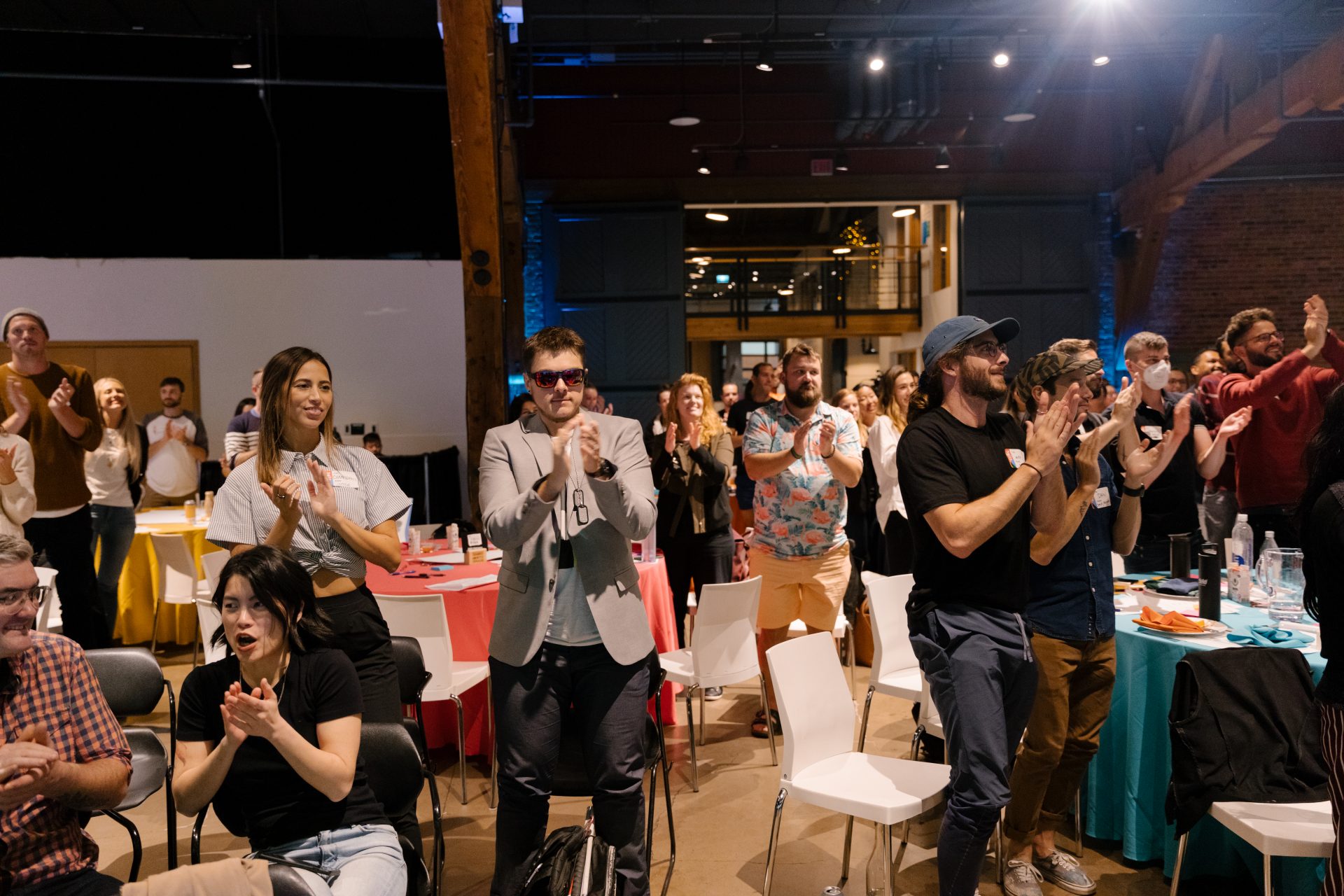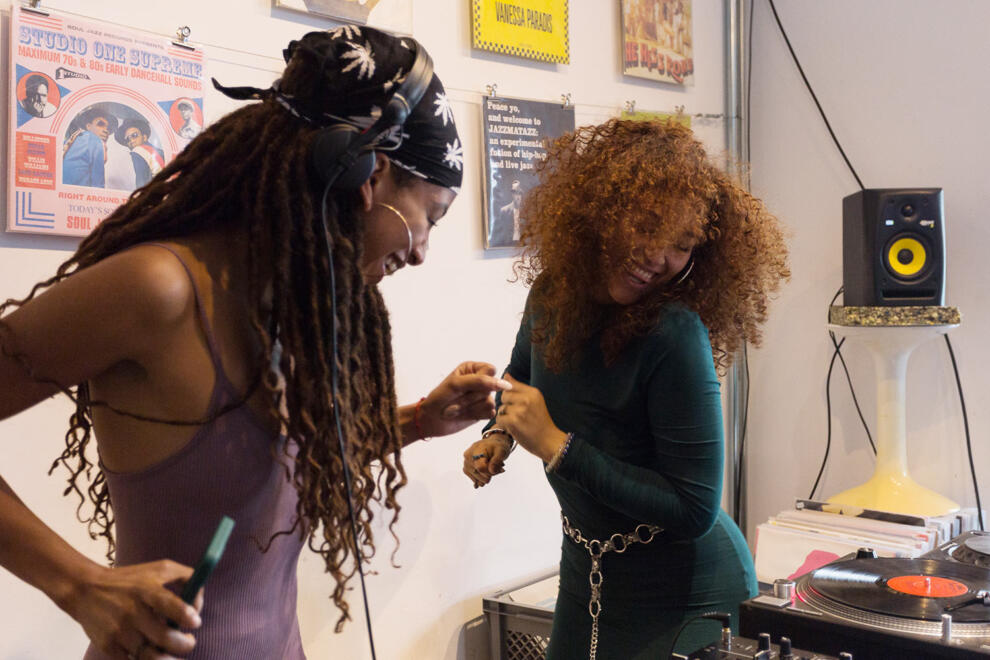How to Evaluate if a Brand Really Gives a Sh*t About Black People
— This article was originally published on Stratagem.
In the past few months the world has exploded in solidarity with the Black community. Specifically, the murders of George Floyd and Breonna Taylor became a catalyst for global protests against anti-Black racism, police violence and systemic injustice. In the wake of this, Black Lives Matter moved from a movement crying out to be heard, to the words on the lips of everyone with an iPhone.
Soon, businesses were posting black squares on Instagram, ‘muting’ their feeds to #amplifymelanatedvoices and posting a variety of solidarity statements online. Overnight, the name of a radical, intersectional movement that had once been called ‘terrorism’ was falling from the lips (or fingertips) of everybody and their uncle.
As an activist, I can say that mainstream, international recognition feels validating for the years of hard work, advocacy and struggle. The fact that conversations about anti-Blackness – not just diluted narratives about ‘diversity’ or ‘tolerance’ – are happening on national Canadian television is remarkable. And it’s worrying.
In 1969, Marsha P. Johnson and Sylvia Rivera, two trans women of colour, catalyzed the Stonewall Riots in New York City. This, among many other protests against police violence towards the LGBTQ2S+ community, evolved into what we now celebrate as Pride. In the 21st century, Pride is a white-washed, capitalist production that centres multinational corporations, law enforcement and border control.
Yes, Pride is now celebrated around the world proudly, publicly and unashamedly by individuals and organizations alike. This in and of itself is the progress we fight for. What’s disconcerting is the incongruency and hypocrisy of companies who claim to support the community while simultaneously mistreating queer and trans employees, investing in industries that in/directly harm marginalized communities, and fail to have any real ways to address homophobia and transphobia within their organization.
These are the same concerns many Black folks and anti-racism activists have with the current trend of turning #BlackLivesMatter from a radical call for justice into a marketing slogan. Some companies took this moment to directly call out white supremacy while others donated millions to Black-led causes and Black entrepreneurs. There is no ethical consumption under capitalism which means my praise of these few companies comes with the caveat that undoubtedly there are still harmful and unjust practices behind the scenes.
The majority of companies however, paused for 30 minutes to post a Black square or some other tokenistic gesture but have failed to be transparent about any other commitments to addressing anti-Blackness.
Inevitably, these conversations are dying down so as change-makers we must continue the momentum for anti-racism.
Here’s what you can do:
1. Peel back the curtain
There are numerous places where current and former employees leave reviews about a workplace. While these sites are not perfect, it’s an important reminder that you cannot take a company’s carefully crafted PR statement at face value. Find out what Black employees say about their experiences there and amplify their concerns. #BlackTwitter is also a great place for this kind of tea.
Questions to ask:
- How do you measure a sense of safety and belonging among staff?
- Have you created an environment where people can speak openly about their experiences?
2. Ask them about their anti-racism plan
So, they’ve posted a Black square, now what? Ask for documented proof of a commitment to address racism within their organization.
Questions to ask:
- Have you budgeted for annual anti-racism training?
- Have you implemented a mentorship program for racialized staff?
- Do you have a vague ‘diversity and inclusion’ strategy or do you have an anti-racism strategy?
3. Believe Black people
Anecdotes and lived experience are real evidence. The current climate of reckoning is finally giving Black folks the opportunity to speak out about racism they have experienced. For many of us, this is the first time in our professional lives where we feel a semblance of safety in calling out anti-Blackness we experienced from colleagues and employers. Especially in a place like Vancouver where the chance of being the only Black person in the office is pretty high, it’s common for our experiences to be silenced and brushed aside.
Believe, amplify and uplift Black voices.
Questions to ask:
- How and where can staff report incidents of discirmination and harassment?
- What’s the protocol for following up supporting people who have been harmed?
- Have you fired Gary from IT who keeps posting #AllLivesMatter in the company Slack channel?
- Do you have a zero tolerance policy on racism and anti-Blackness? No, but do you actually?
- How do you create a standard whereby you ask folks not if, but how you have done wrong by them?
- How can you prepare to meet feedback with responsible reactions; avoiding the reflex to get defensive?
4. Investigate their relationships
This situation is rife with hypocrisy. Some companies are posting half-hearted statements in solidarity with the Black community while simultaneously investing in projects that actively perpetuate violence against marginalized people.
For example, furniture giant Wayfair sells a ‘Black Lives Matter’ flag on their site and posted a black square on Instagram. They also make and sell children’s beds to the detention camps at the US/Mexico border, actively participating in violent border imperialism. After a racist scandal a few years back, Starbucks supposedly underwent ‘sensitivity training’ (wtf is that?) for all staff. They also use prison labour.
Questions to ask:
- Do you have relationships with the police? Border control?
- Do you invest in mining or the arms trade?
- Who makes your products? Are they underpaid? Imprisoned? Enslaved?
- Do you donate to charities that are known to perpetuate harm like Free the Children or Autism Speaks?
5. Demand they ‘pull up’
Inspired by Rihanna’s call to action, asking non-Black folks to ‘pull up’ for the Black community, @pullupforchange is an Instagram account dedicated to documenting company transparency around diversity in leadership. Many companies can boast diversity but what does it mean when all of the racialized people are working in the factories or on the front lines (which is contributing to the higher rates of Black folks impacted by COVID-19)?
Companies like Cosmopolitan, Neutrogena and Apple (this one will make you chuckle) have publicly posted the racial makeup of their leadership teams. From a quick perusal, few reach beyond 7% Black folks in leadership positions, but transparency is a start.
Questions to ask:
- What percentage of your leadership team is Black?
- How do you ensure those folks are heard and valued?
- How do you avoid tokenizing your Black colleagues?
- What systems of professional development do you have in place to help people gain the necessary skills to get promoted?
- What’s your turnover rate among Black staff? Especially Black women?
There you have it, a simplified guide to holding brands accountable to their lip service. This is a time of reckoning and there is no room for performative allyship in this revolution.
— This article was originally published on Stratagem.
